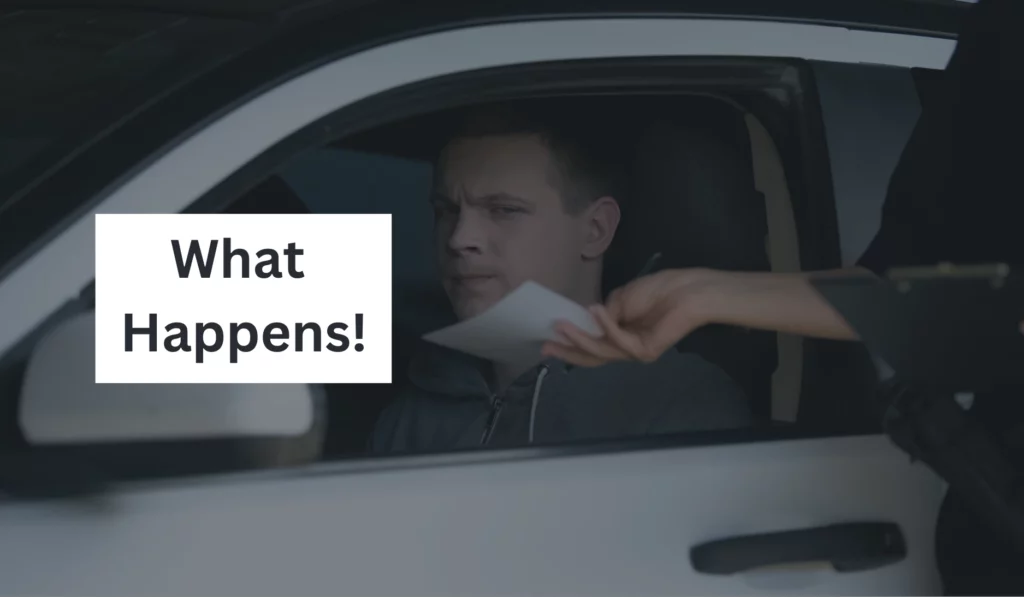Many of the highways, bridges, and tunnels in the big state of Texas have tolls that must be paid to utilize them. What occurs, though, if you fail to pay tolls in Texas? In addition to providing information on how to pay and dispute tolls in Texas, how to avoid paying them, and addressing other often-asked issues, this article will address this query.
Texas collects tolls on its highways, bridges, and tunnels, which are used to maintain and enhance the quality and safety of the state’s roads. Texas has two different tolls: Cash Tolls and All Electronic Tolls (AET). AET tolls use vehicle-mounted transponders (such as TxTag or TollTag) that are automatically charged when passing a toll booth. Cash tolls must be paid in cash or with a credit card and are collected at toll booths.
Table of Contents
What If You Don’t Pay Tolls in Texas?
The Texas Department of Transportation (TxDOT) will issue a “Notice of Toll Violation” if you fail to pay a toll in Texas. This message will also state the toll payment due date and any potential fines or penalties. If you fail to make the required payment within the allotted period, your case can be handed off to a collections agency.
Penalties for Not Paying Tolls in Texas
You could incur several fines if you don’t pay the tolls as the TxDOT stipulates. Depending on how frequently you have neglected to pay, you could be subject to a civil fine of up to $250 for each unpaid toll. Each unpaid toll may result in a late cost of up to $25. After receiving a Notice of Toll Violation, you may be subject to a felony fine of up to $500 and/or up to 30 days in jail if you fail to pay the tolls.

How to Pay Tolls in Texas?
You have a few options in Texas if you need to pay a toll. The TxTag website and the Tollmate app are all options for online toll payments. Additionally, you can make a phone payment by dialing the TxTag customer support number. Cash payments are accepted at toll booths if you don’t have a TxTag or TollTag.
How to Dispute Tolls in Texas?
You can challenge a toll charge with the TxDOT if you believe it was levied to you improperly. Within 30 days of receiving the Notice of Toll Violation, you must complete a dispute form and submit it to the TxDOT to challenge a toll. After receiving the complaint, the TxDOT will look into the complaint and respond within 90 days.
How to Avoid Paying Tolls in Texas?
The most straightforward approach to avoid paying tolls in Texas is to take an alternate route that doesn’t charge them. You can also go on toll-free roads, buses, or trains. If you do use a toll road, be sure to pay the tolls as the TxDOT stipulates.
Frequently Asked Questions
Q: What happens in Texas if I don’t pay a toll?
A: The TxDOT will issue a Notice of Toll Violation, and you may be subject to civil and/or criminal penalties if you fail to pay a toll in Texas.
Q: In Texas, how do I pay for tolls?
A: In Texas, you can pay tolls online via the TxTag website or the Tollmate app. You can also pay with cash or over the phone at a toll booth.
Q: How do I appeal a Texas toll?
A: You can challenge a toll charge with the TxDOT if you believe it was imposed on you improperly. Within 30 days of receiving the Notice of Toll Violation, you must complete a dispute form and submit it to the TxDOT to challenge a toll.
Q: How can I evade tolls in Texas?
A: Finding other roads in Texas that don’t charge tolls is the simplest way to avoid paying tolls. You can also go on toll-free roads, buses, or trains.
It’s vital to remember that paying tolls not only complies with Texas law but also maintains and enhances the quality and safety of the state’s roads. Therefore, if you utilize a toll road, pay the fees per TxDOT regulations.
